The content of the article
When the first child appears in the family, it is always a great joy, everything new and unknown. If the child starts to cry, young parents worry, start to get nervous and worry about it. It should be said that colic in newborns is a normal process in the body of a child, but rather painful and there is no cure for it yet.
Colic causes severe pain in the abdomen, because of this baby cries terribly. But not everything is as scary as it may seem at first glance. The occurrence of colic in an infant or newborn is not a permanent phenomenon and it gradually disappears. And in order to relieve a little pain, there are several methods.
The main thing parents should understand is: colic in a baby is not a terrible problem, after a while it disappears by itself. The baby is born, and already after three weeks he may have problems with the tummy. Usually they accompany the baby up to three months.
The appearance of intestinal colic in newborns
In the family, where there is a newborn child, you can hear the frequent cries of the baby, especially at night. In most cases, the child is straining because of pain in the abdomen. This colic, their duration can be up to three hours.
Almost every newborn suffers from colic, and such a process has been known for a long time, probably as much as humankind exists. But medicine has not invented medicines to this day that would eliminate this problem. Older children also have colic, although the body is stronger and more adapted to the external environment.
There are several hypotheses about why babies appear colic. The most common of these is the ingress of excess air into the stomach. In the process of feeding or with strong crying, the child swallows it, which causes such an action.
Medical professionals identify several causes of colic:
- If the breastfeeding process is performed by the breast, it is possible that the baby captures the nipple incorrectly.In this process, it turns out that the baby suffices a lot of air. This may not cause colic, but complicate and make their course more painful.
- When the feeding is over, the baby did not have an eructation of excess air that is in the stomach. Then the air is distributed through the intestines, squeezes its walls and there is terrible pain.
- The baby is lying too much. This leads to discomfort during digestion, there is heaviness and pain.
- The baby often cries. When a child has a stomach ache, he screams and rolls from tears and roars, at this moment he swallows a lot of excess air, which can lead to new bouts of pain.
- The child was overfed. When a baby eats more food than its body is able to digest, food remains in the stomach, fermentation begins, gases and bouts of colic appear.
Symptoms of colic in the newborn and baby
Usually colic is determined by the parents according to the symptoms manifested in the behavior of the child. The baby starts to scream loudly, crying. This phenomenon begins unexpectedly, and ends. Small babies often have problems with the tummy after feeding in the evening. This condition can last up to three hours on average.Older children may have a slight distention of the tummy, while usually they have a red face from tension, legs are tucked.
Colic is pain, and it manifests itself in different ways for each person. One child may cry a lot, wave his hands, another child will arch out of pain, and the third one - from severe pain trying to bite his fist.
In any case, the diagnosis regarding the appearance of colic should be made by the doctor. If the baby suddenly started crying and it is impossible to get sick of him, then you should immediately contact a pediatrician. The pediatrician will examine the infant, and only when all possible variants of such a condition are excluded, can colic be diagnosed.
Wrong conjectures of parents
Perhaps, every mother faced such a problem when the child was small and shouted loudly at night because of pain in the tummy. To do this, she naturally used various methods to eliminate pain or at least reduce it so that it would not hurt so much. The methods chosen by all moms are almost the same. Any of them aims to relieve pain and relieve the child from them - if the pain goes away, then there will be no problem.
When a small child suffers from pain, I want to help him by any means, and then the parents begin to use all the methods in a row, not knowing if they are effective or not. For example, there are several hypotheses about the appearance of colic in babies and newborns, of which it is clear that the accepted methods of treatment usually do not produce results, and in some cases can be harmful to the health of the crumbs.
- Hypothesis: there is an opinion that such pain in newborns and infants may appear after breastfeeding, but if the mother previously used certain foods. That is, she does not observe special diets and eats those products that lead to the reaction of the child’s body. And if she follows a special diet, then the baby will not have pain in the stomach. Then the question follows: how do such substances enter the body of a child who is artificially fed? What mom eats does not affect the appearance of colic in a newborn baby.
- Hypothesis: some believe that colic appears from dysbiosis. The child is still quite small and his body is just beginning its process of formation, therefore,his stomach has no protective microflora. Dysbacteriosis does not appear in any book or registry of childhood diseases.
- Hypothesis: in children up to four months the intestine is unstable and colic appears during digestion. From statistical data it follows that almost 70% of newborns have colic. Then the remaining 30% have a well-adjusted stomach like an adult?
- Hypothesis: young parents think that their baby has colic due to lactose intolerance. Children who eat lactose-free formulas also have colic. And according to statistics, 70% of children up to three months suffer from colic, and congenital lactose deficiency in one child per 130,000 peers.
If a child has colic, and the mother begins to use the diet in her diet, drugs for dysbacteriosis are bought, drugs and enzymes are used to absorb lactose, then this initiative will not lead to anything good, but can only harm the health of the child. Such methods will not help to save the child from colic. To save the child from terrible pain, it is better to use the recommendations of experienced doctors, it does not always help, but it will certainly be safe for the health of the child.
Harmless ways to prevent colic in newborns and infants
Today in the pharmacy you can find a lot of different medications for abdominal pain in young children, that is, colic, but there are medical specialists who claim that there is not a single reliable medicine for this phenomenon. To cope with this problem will only parental patience, which need to stock up on as many as three months, and time. Abdominal pains are temporary, and when the baby reaches three months of age, they will pass.
Pediatricians in such cases do not immediately prescribe drugs, initially they offer the following actions:
- To massage a baby's tummy, such massages are performed every day and not once.
- Warm diaper. Many mothers noted that warming the tummy reduces pain. It's enough to iron the diaper and put it on the baby's belly.
- The child should be more time in the upright position. This is necessary not only after he eats, but also throughout the day. Accordingly, from here and a conclusion - it is worth carrying the kid as much as possible.
- If possible, it will be good for the child if the parents carry it in a special backpack or sling. Any movements of the baby are good for his intestines.
- If the baby is breastfeeding, then you can use the help of a breastfeeding specialist, get his advice. There are special associations and centers.
- If the child is on artificial feeding, then you should buy a bottle, the addition of which is a tube. It is used to remove air. Thanks to this set, during feeding the air practically does not get into the baby's stomach.
- You can use the vapor tube. It is used if the child hasn’t popped for a long time and has not fart With its help, you can remove gases that have already fallen into the rectum. Most of all, the air that accumulates in the intestine causes pain. It does not always pass quickly, and it is not possible to speed up such a process otherwise.
How to relieve pain in a newborn and baby with colic
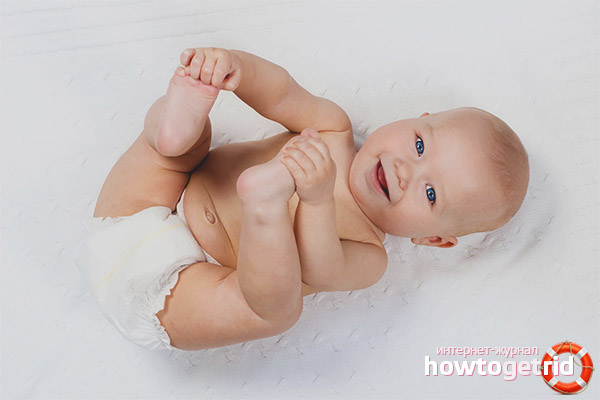
Most pediatricians adhere to the version that in modern medicine not a single medicine will help relieve a child from colic.Despite all this, there are some medications that can be used for severe pain caused by colic in the newborn and infants. Whether they will relieve colic or not is difficult to say, but one can be sure with certainty that gas formation will be less.
Drugs that contain simethicone in their composition, help to reduce gas formation in the intestines of a child. Its action is aimed at the transformation of bubbles into a liquid, after which the pressure on the walls of the stomach drops. By the way, Riabal is considered the most effective drug - syrup can be given to babies with severe pain, its effect is observed already after 10-15 minutes and lasts for 8 hours.
Pharmacy drugs with fennel fruits are considered the safest. Such tools are harmless to the child's body and have a positive effect on it, help reduce gas formation in the intestine.
In conclusion, it must be said that colic in a newborn is a common phenomenon and occurs quite often. No mother would like her child to cry or feel pain, but this process is painful, so the child cries all the time with colic,screams and even screams. To save the baby from colic, modern medicine has not yet invented the drug. And almost every child suffers with this phenomenon. In such a situation, parents can only be patient and wait until the pain passes, of course, following a few tricks in order to reduce the pain of their baby. Three months after birth, the colic will pass, and neither the child nor his parents will bother him anymore.
Video: how to cure colic in a newborn

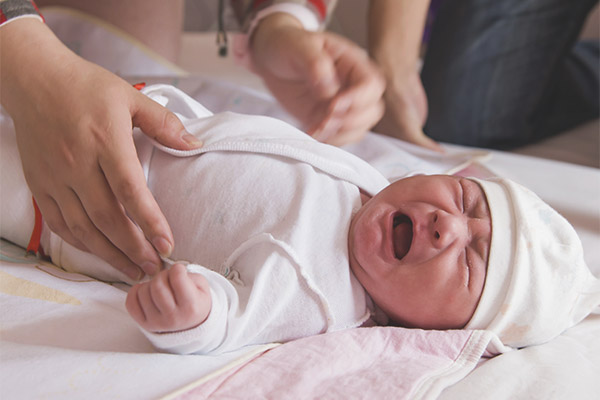
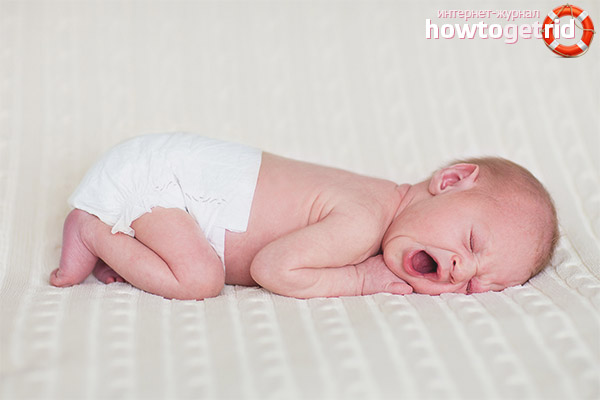
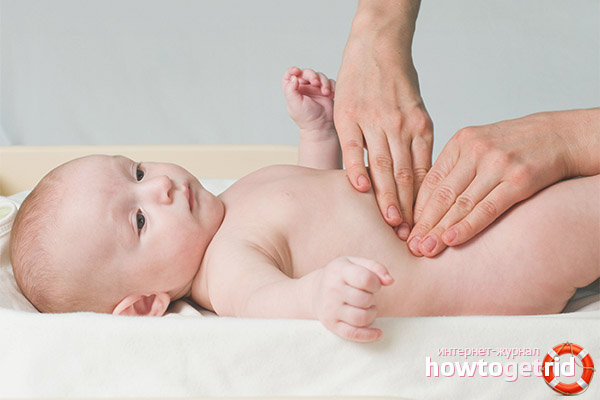




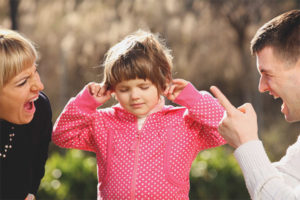

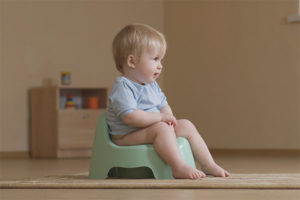
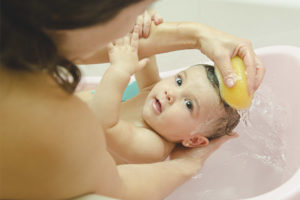
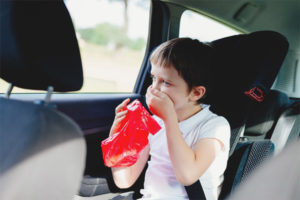
To send